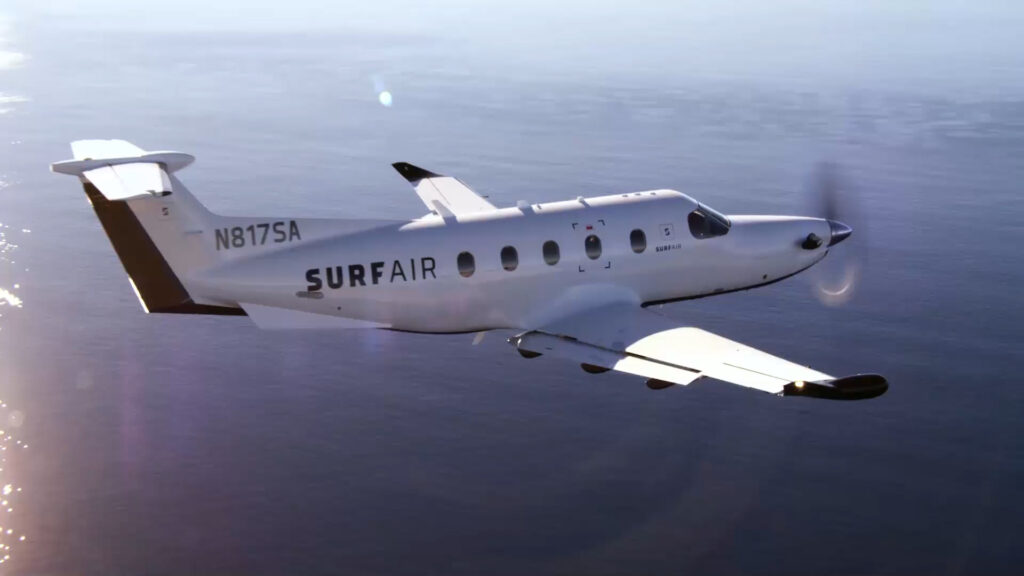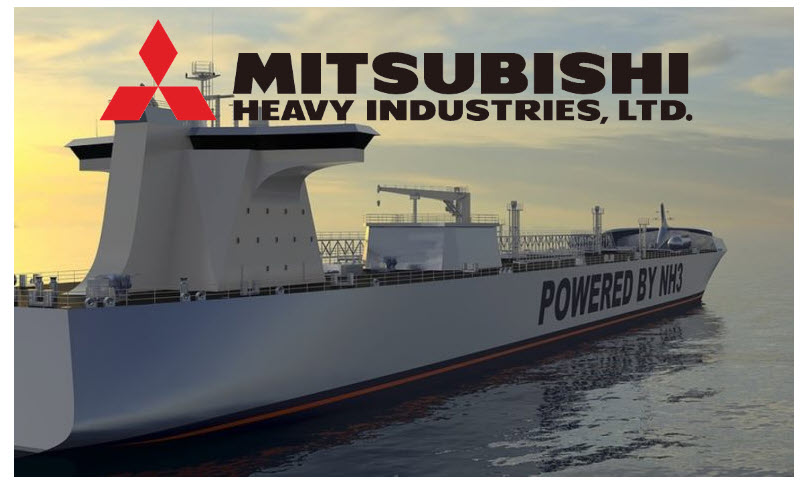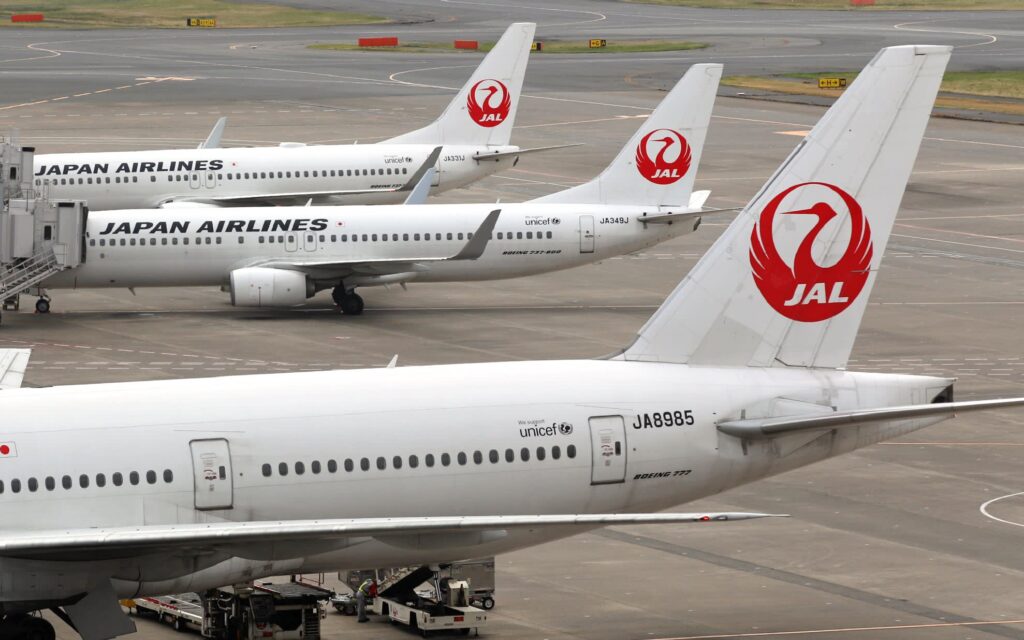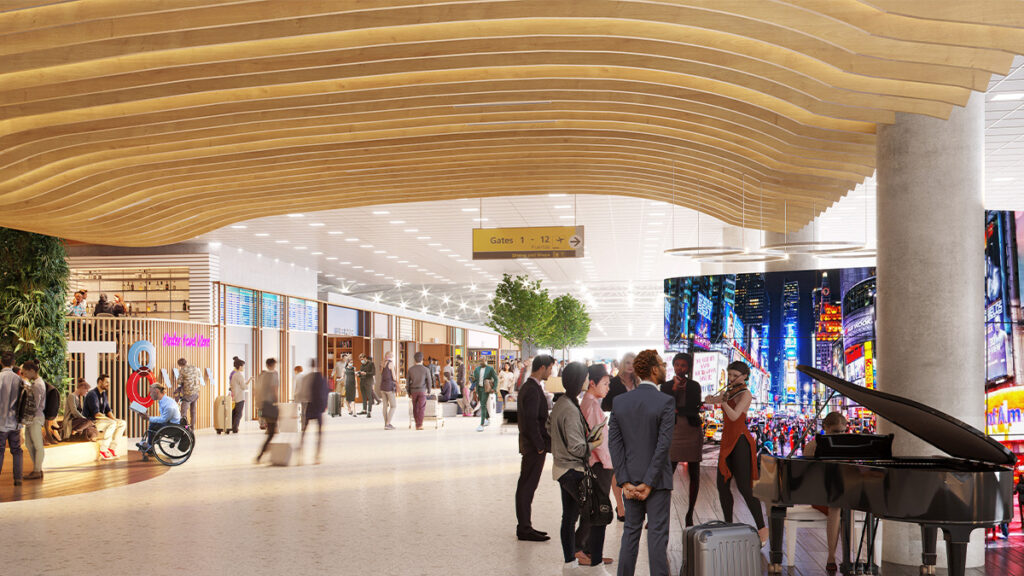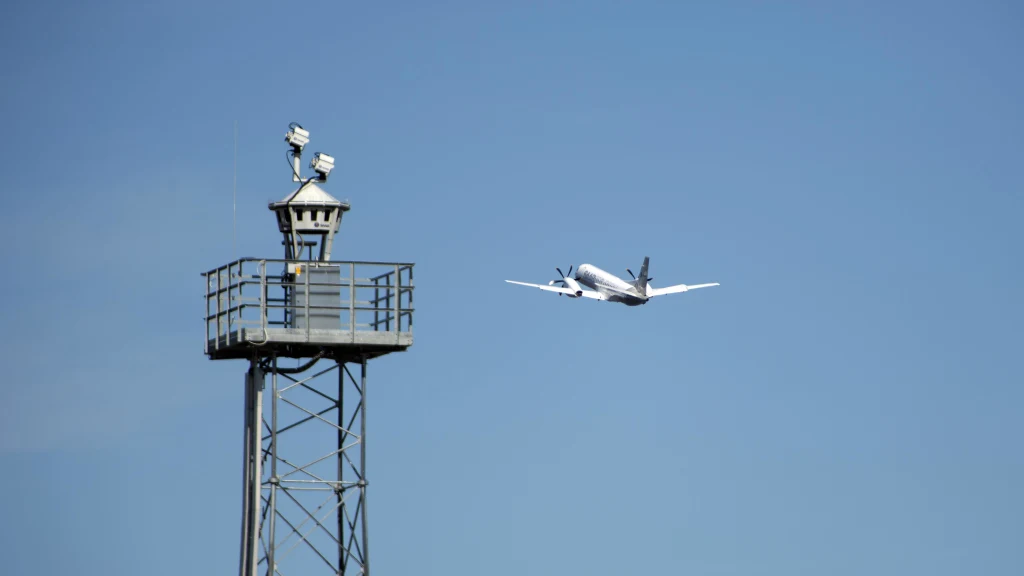Surf Air Mobility Announces the Successful Completion of Southern Airways Acquisition
Los Angeles, California – August, 2023 – Surf Air Mobility Inc. (SAM), a regional platform aiming to sustainably connect the world’s communities, announced that the it has completed the acquisition of Southern Airways (“Southern”) immediately…
